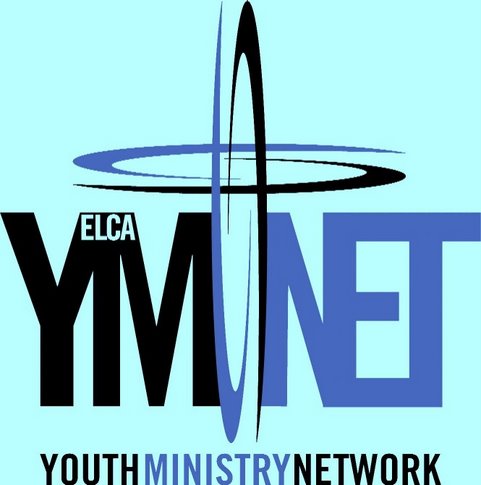
Chapter 11: Noticing
Please share an example from your ministry experience of each of the four ways we help youth notice God.
Chapter 12: Naming
What are the ways you’ve seen the church “name” God? How are these ways helpful to youth? How might they be detrimental or short-sighted?
Chapter 13: Nurturing
Yaconelli is adamant about clearly communicating the fact that contemplative youth ministry does not find its end in contemplation but in authentic action. He says this happens by “following the thread” and that contemplation makes following the thread somewhat easier. How do you follow the thread? How do your ministry and your congregation follow the thread?
Chapter 14: Beyond Fear
Are youth and adults really afraid of one another? How might contemplative youth ministry – or practicing the presence of Jesus - overcome this fear?
God's peace,
Jeremy Myers









